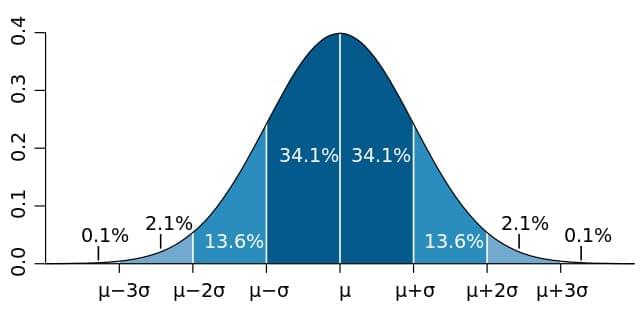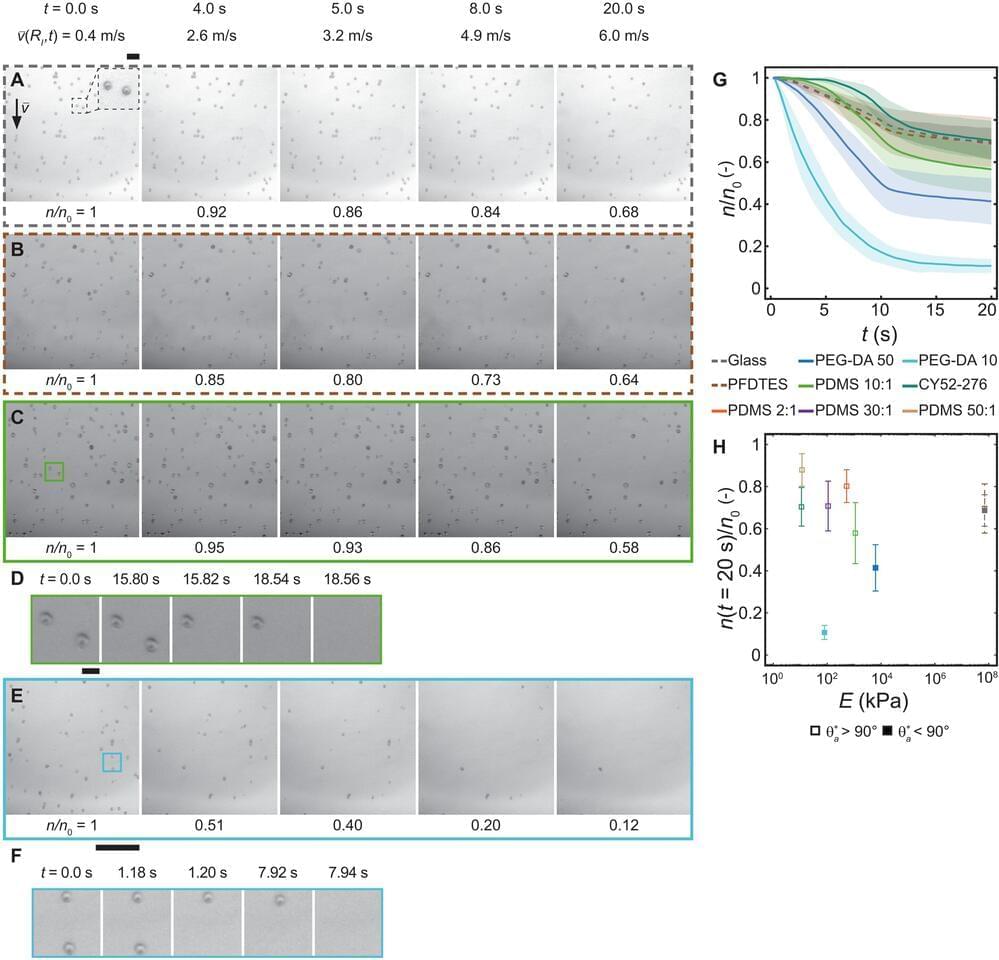Join us on Patreon! https://www.patreon.com/MichaelLustgartenPhDDiscount Links: Green Tea: https://www.ochaandco.com/?ref=conqueragingTelomere, Epigenetic Te…
Get the latest international news and world events from around the world.

India’s first solar observatory successfully reaches intended orbit
The first Indian solar observatory has successfully reached its intended orbit, the country’s Space Research Organisation announced Saturday, as India seeks to cement its status as an emerging space superpower.
The Aditya-L1 spacecraft safely arrived at Lagrange Point L1, the position in space with unobstructed views of the sun located about 1.5 million kilometers (almost a million miles) from Earth, paving the way for scientists to enhance their study of the Sun-Earth System.
Indian Prime Minister Narendra Modi applauded the “extraordinary feat” in a post on X on Saturday, adding that this “is a testament to the relentless dedication of our scientists in realizing among the most complex and intricate space missions.”

Bernoulli trial
A #mathematics “A Bernoulli trial is a #random experiment with exactly two possible outcomes “success” and “failure” in which #probability of success is the same every time the experiment is conducted.”
In the theory of probability and statistics, a Bernoulli trial (or binomial trial) is a random experiment with exactly two possible outcomes, “success” and “failure”, in which the probability of success is the same every time the experiment is conducted.[1] It is named after Jacob Bernoulli, a 17th-century Swiss mathematician, who analyzed them in his Ars Conjectandi (1713).[2]
The mathematical formalisation of the Bernoulli trial is known as the Bernoulli process. This article offers an elementary introduction to the concept, whereas the article on the Bernoulli process offers a more advanced treatment.
Since a Bernoulli trial has only two possible outcomes, it can be framed as some “yes or no” question. For example:

New transistors based on monolayer black phosphorus and germanium arsenide
Two-dimensional (2D) semiconducting materials have proved to be very promising for the development of various electronic devices, including wearables and smaller electronics. These materials can have significant advantages over their bulky counterparts, for instance retaining their carrier mobility irrespective of their reduced thickness.
Despite their promise for creating thin electronics, 2D semiconductors have so far only rarely been used to create monolayer transistors, thinner versions of the crucial electronic components used to modulate and amplify electrical current inside most existing devices. Most proposed monolayer transistors based on 2D semiconductors were created using a few carefully selected materials known to have relatively stable lattice structures, such as graphene, tungsten diselenide or molybdenum disulfide (MoS2).
Researchers at Hunan University, the Chinese Academy of Sciences and Wuhan University recently set out to develop new monolayer transistors using alternative 2D semiconducting materials that have so far been primarily used to create multi-layer transistors, including black phosphorus (BP) and germanium arsenide (GeAs). Their work is published in the journal Nature Electronics.

Microtexturing soft materials to remove aqueous microfoulants
The process of crystallization fouling is a phenomenon where scale forms on surfaces. It is widespread in nature and technology and affects the energy and water industries. Despite previous attempts, rationally designed surfaces with intrinsic resistance remain elusive due to a lack of understanding of how microfoulants adhere in dynamic aqueous environments.
In a study now published in Science Advances, Julian Schmid and a team of researchers in surface engineering in Switzerland and the U.S. studied the interfacial dynamics of microfoulants by using a micro-scanning fluid dynamic gauge system to demonstrate a rationally developed coating that removes 98% of deposits under shear flow conditions.

Scientists Use AI To Unlock the Secrets of Bacterial Languages
Machine learning and laboratory experiments have provided scientists with insights into the different languages bacteria use to communicate. By understanding the ways in which bacteria interact and the circumstances under which their communication is disrupted, researchers can tackle issues related to drug-resistant bacteria and advance the development of biocomputing technologies.
The study builds on an earlier project in which the researchers showed that disrupting bacterial communication is an effective way to fight multidrug-resistant bacteria. Bacteria use small molecules to communicate with each other and coordinate infection, and the team showed that interfering with bacterial communication by blocking these molecules reduced inflammation and made the bacteria more vulnerable to antibiotics.

Revolutionizing Electronics: Physicists Achieve Major Advance Using Graphene Spintronics
Physicists at the National University of Singapore have innovated a concept to induce and directly quantify spin splitting in two-dimensional materials. By using this concept, they have experimentally achieved large tunability and a high degree of spin-polarisation in graphene. This research achievement can potentially advance the field of two-dimensional (2D) spintronics, with applications for low-power electronics.
Joule heating poses a significant challenge in modern electronics, especially in devices such as personal computers and smartphones. This is an effect that occurs when the flow of electrical current passing through a material produces thermal energy, subsequently raising the material’s temperature.
One potential solution involves the use of spin, instead of charge, in logic circuits. These circuits can, in principle, offer low-power consumption and ultrafast speed, owing to the reduction or elimination of Joule heating. This has given rise to the emerging field of spintronics.
Defying Gravity: Scientists Solve Mystery of Magnetic Hovering Beyond Classical Physics
Scientists from the Technical University of Denmark (DTU) have confirmed the underlying physics of a newly discovered phenomenon of magnet levitation. In 2021, a scientist from Turkey published a research paper detailing an experiment where a magnet was attached to a motor, causing it to rotate rapidly. When this setup was brought near a second magnet, the second magnet began to rotate and suddenly hovered in a fixed position a few centimeters away.

The Shock Factor: Electricity’s Revolutionary Impact on Chemical Synthesis
University of Chicago scientists have developed a way to improve chemical reactions in drug manufacturing using electricity. This breakthrough in electrochemistry, enhancing efficiency and sustainability, opens new avenues in green chemical production. Credit: SciTechDaily.com.
As the world moves away from gas towards electricity as a greener power source, the to-do list goes beyond cars. The vast global manufacturing network that makes everything from our batteries to our fertilizers needs to flip the switch, too.
A study from UChicago chemists found a way to use electricity to boost a type of chemical reaction often used in synthesizing new candidates for pharmaceutical drugs.

Scientists are advancing cancer treatments after cracking IKAROS code
Furthermore, they are recognized transcription factors critical in human embryo development and tissue function.
Potential novel cancer therapeutics
The statement noted that this discovery opens the door to potential novel cancer therapeutics.
“NK cells, our first line of defense against pathogens and internal threats like cancers, could be fortified by therapies enhancing their killing prowess by targeting IKAROS and JUN/FOS biology.”